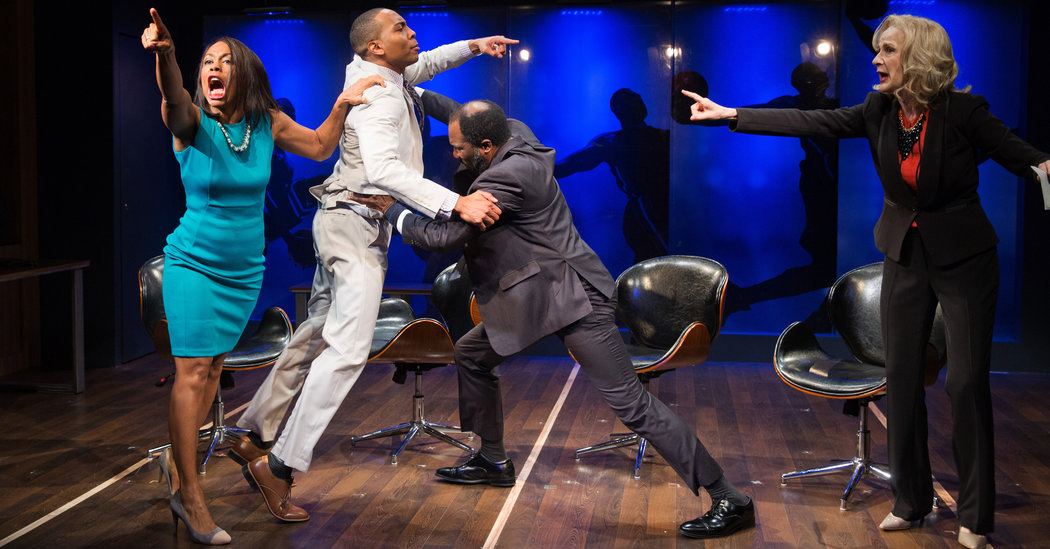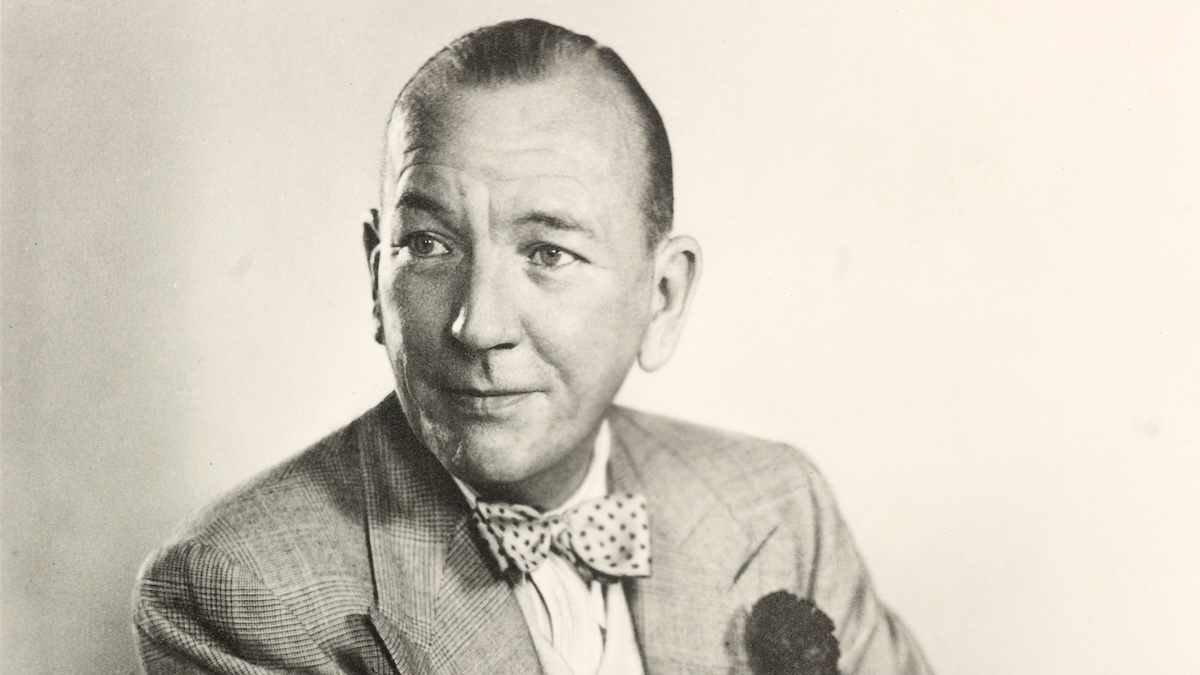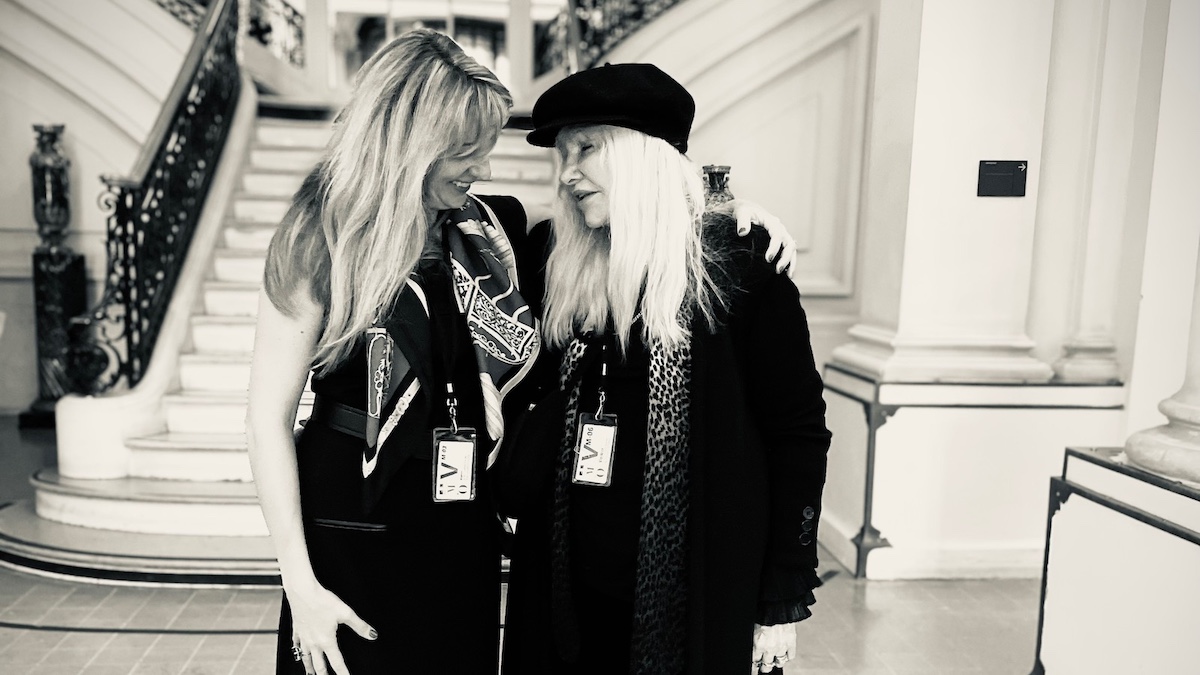
In May 2002, Philadelphia 76ers All-Star point guard, Allen Iverson, held a press conference to discuss his potential to be traded after a first-round playoff loss. Reporters, however, only wanted to talk about his attendance and performance at practice. His response has become as synonymous as his resume as a player.
“We’re talking about practice. Not a game…Not the game that I go out there and die for and play every game like it’s my last. Not the game. We’re talking about practice, man. I mean, how silly is that?”
It’s an easy target for media scrutiny, particularly if there are those who want to vilify an athlete for not fitting into the mold crafted by their sport’s governing body.
However, what journalists often fail to mention is that Iverson lost a friend who was shot earlier that season. In Iverson’s eyes, the fact that dozens of reporters were making livings selling stories about his preparation at practice while close friends were losing their lives to gun violence was, for lack of a better word, silly.
Like actors, athletes are reduced to their output. One would assume that fans would rather watch a player dunk a ball than know anything about their personal strife. Even as social media connects fans closer to the athletes, there is still a distance between the portrayal of the person on the court and the person off.
Very few plays come to mind that explore the professional world of sports, even fewer that delve into the specifics of the business poised on making money off of the literal blood and sweat of other people. Fernanda Coppel’s King Liz does just that, without pulling any punches.
It’s a dog-eat-dog business that sports agent (and the play’s protagonist) Liz Rico lives in. Mind you, I say lives and not works because after twenty-three years of climbing the ladder and busting her butt, Liz often works deep into the night striving to make sure her clients’ needs are met. Clients like Carmelo Anthony and Kevin Love, real All-Stars. Finally, Liz’s opportunity to become the CEO of her firm has arrived, but to do that she must sign a hot new recruit out of a high school in Red Hook, Brooklyn: Freddie Luna. The play then tracks Liz’s relationship with Freddie, trying to make sure he does well so that she can, too, but his temper and tumultuous past force her to take an interest in Freddie the person instead of Freddie the athlete.
The exploration of the humanity of athletes and the professional sports world in general feels like untapped territory. While there are plenty of plays about sports out there, they usually follow narratives of overcoming obstacles to win and/or how games can easily reflect life. The harder thing to do is to explore how those games seem so eager to take life away from all those involved.
In a scene where Liz is speaking with Freddie before his practice, the two discuss what the upside of being a sports agent is:
FREDDIE. Why the fuck would anyone want to be an agent? It’s the fucking worst job in the universe.
LIZ. Yep. It’s pretty bad.
FREDDIE. I mean you don’t really do anything and you take four percent of my money. What the fuck do you even do all day?
LIZ. I do a lot, kid.
FREDDIE. Like what?
LIZ. I ensured this deal. The Knicks deal? Twenty million for three years. I got you a shit load of money.
FREDDIE. Ya but how?
LIZ. Let’s put it this way: I do all the things that nobody else wants to do. I lie, cheat, and steal for my clients. I make sure they’re rich.
One of the reasons it’s so easy for fans to separate themselves from athletes has to do with the money involved. The average salary of an NBA player for the 2017-2018 season is about $5.9 million, while the median salary is about $2.3 million, according to Basketball Reference. Most sports agents are getting 4-6% of those earnings, which even at the low end of the above numbers will leave an agent with $92,000 for one client. It’s easy to expect more of them at those numbers, and even easier to place them in a separate category that asserts that their money can fix their problems.
But money doesn’t make existence go away. Unhappiness and the difficulties of life can’t all be paid off. Many fans are seeing this now with more fervency than ever as NFL players are kneeling during the National Anthem in protest against racially targeted police violence in black communities. While King Liz premiered in 2015, Coppel brings in the idea of communities that are directly affected by violence and how they relate to the professional sports world. Both Liz and Freddie grew up in the projects, knowing how hard they would have to work to go beyond what was initially afforded to them.
LIZ. Freddie, I’ve been an agent for a very long time and if there’s one thing I’ve learned it’s that white people don’t want us, they want our money.
FREDDIE. Meaning?
LIZ. Corporations don’t want to hire people like us, they usually have to by law. But they want our money. They need our money so they can continue running the world.
It’s hard to call out the hypocrisy of a governing body when your livelihood can be so easily taken from you. Luckily, there has been a rise in the number of those standing up and proving that athletes deserve respect as human beings rather than as just entertainers. Athletes like Colin Kaepernick, and many who have followed his lead, who stand up for their First Amendment rights; former Northwestern University quarterback Kain Colter, who almost successfully unionized the Northwestern football team; tennis All-Star Serena Williams, who has continually been a positive force for issues of body image and racial stereotypes in sports; not to mention the countless number of athletes who spend their time and money organizing and donating to help with medical advances, disaster relief, and other worthy causes.
King Liz promotes the humanity of athletes and reminds audiences that not everyone involved in sports is out for the money or the glory. Many of them are looking for the thing in life that makes them whole, but it’s the machine built by the people that run it that twist and contort that desire into what they call the game.
To purchase a copy of King Liz, click here, and to learn more about licensing a production, click here.

Noël Coward’s Travels

Kate Chopin in New Orleans: Mother-Daughter Author Duo Collaborate on Historical Book

